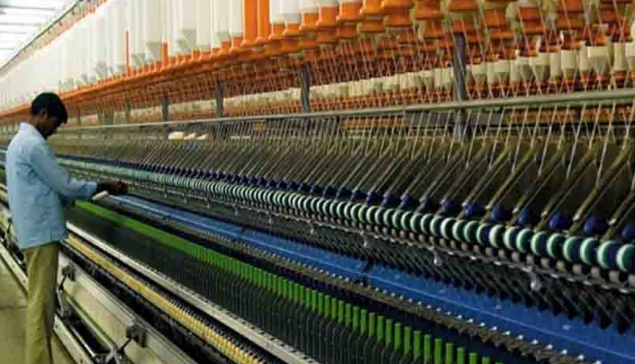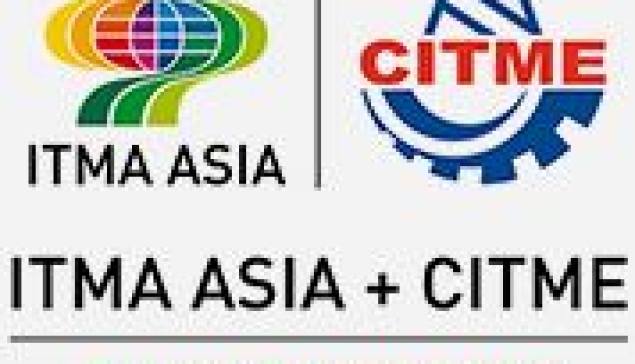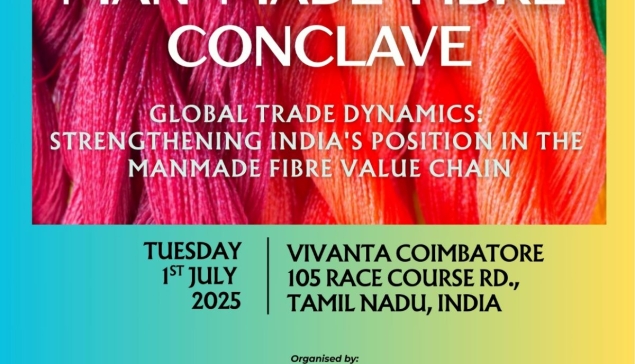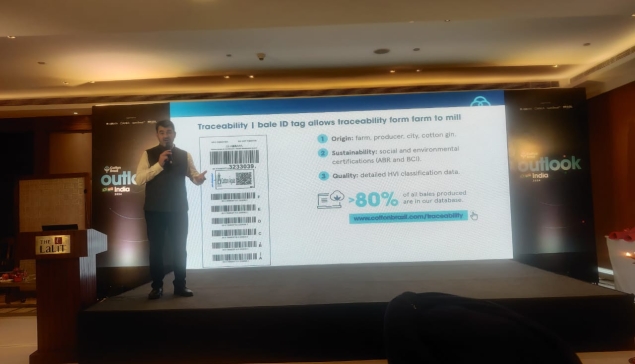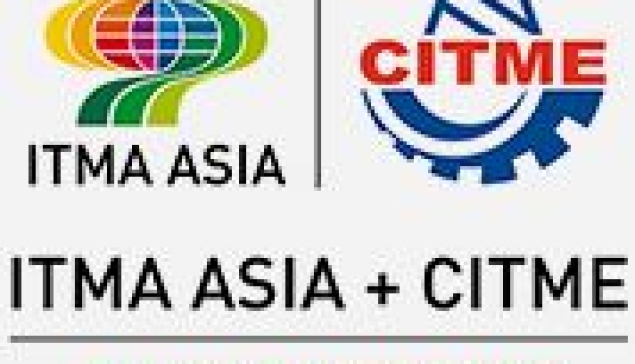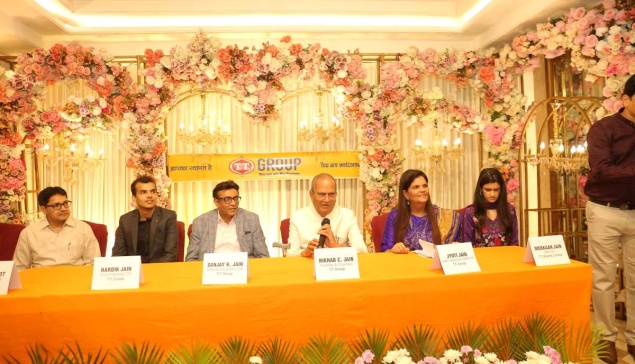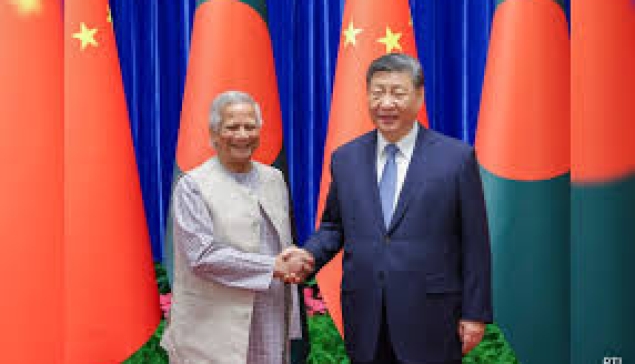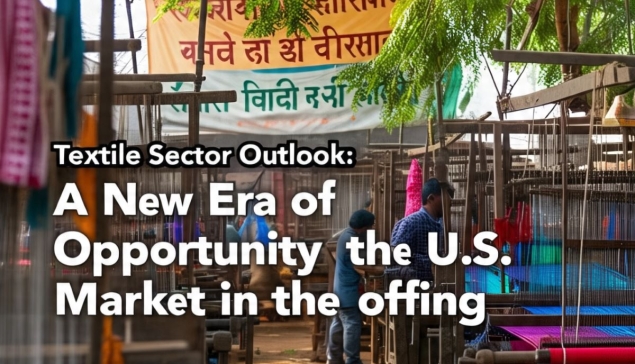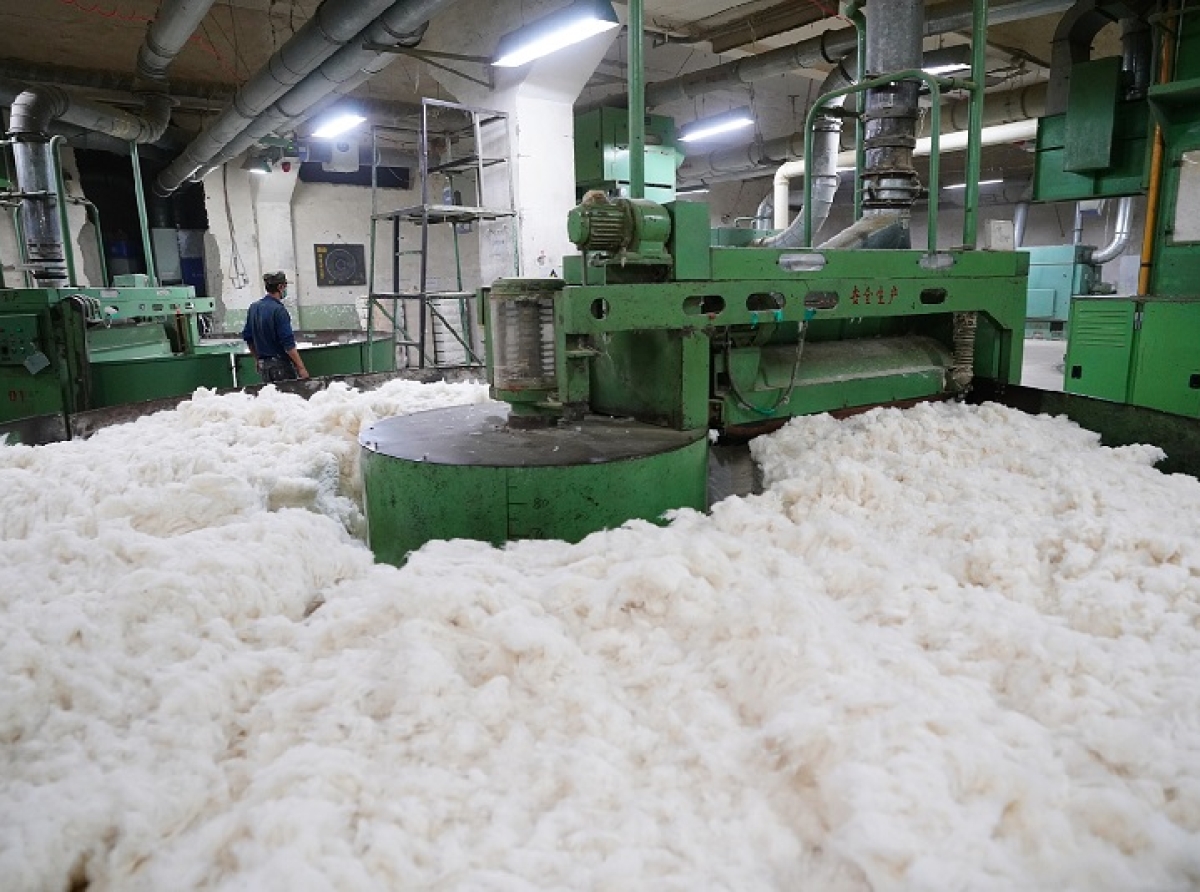In a recent event Marcelo Duarte Monteiro, Director of International Relations at ABRAPA, Brazil's cotton association, while interacting with multistakeholders from across the textile sector could sense India's cotton market as ripe/opportune for growth and opines that the golden rule is targetted and calibrated efforts can boost India's yields, freeing up land for other crops and strengthening its agricultural output and more possibly if the tech-adoption improves the sector to see resurgence.
Join our community
What underpins the state of the Indian cotton industry is that, despite its vast cotton acreage, India's productivity reflects poorly when it is compared to that of Brazil in head-to-head comparison.
The point being made here is that India is a global growth engine in the cotton universe wherein the caveat is that increased Indian cotton productivity would not only benefit India but will benefit the global cotton industry at large. India is the world's second-largest cotton producer, but unlike Brazil, which is a net exporter of most of its cotton, India on the other hand even imports to meet domestic demand presenting an immense opportunity for Brazil to improve its market share in India.
Join our group
Brazil exported a million tons of cotton to China last year, and a portion of that could be redirected to India to deepen the engagement, opening doors for a long-term meaningful relationship.
Monteiro acknowledges that in these trying times there is a fierce debate between the advocates of cotton, natural fibers, and synthetic/MMF challenging both the price rationale and performance metrics of these available alternates, though the jury is out as for bulk users' cotton's unmatched quality continues to make it a very competitive and compelling story making it incredibly irreplaceable fiber of the world despite of weather vagaries even for those taking climate change more seriously. It will set alarm bells ringing.
Fashion Guru
Let us shift the gear to the growing concerns of the day wherein structurally synthetic fibers are continuously under public and regulatory scrutiny on the sustainability piece of the business and they have to come clean on this.
Simplifying what is low-hanging fruit for Brazil cotton
Monteiro recommends Brazil focus on supplying high-quality, contamination-free cotton with longer staples to fill gaps in India's textile industry without directly competing with local farmers which is a good problem to have.
Brazil takes pride in its robust ecosystem, and rigorous quality control system using HVI testing on every bale, ensuring consistent quality, and allowing for tailored products whenever and wherever required which is the cornerstone of Brazil's global cotton story.
Going forward things do not look so simple!

